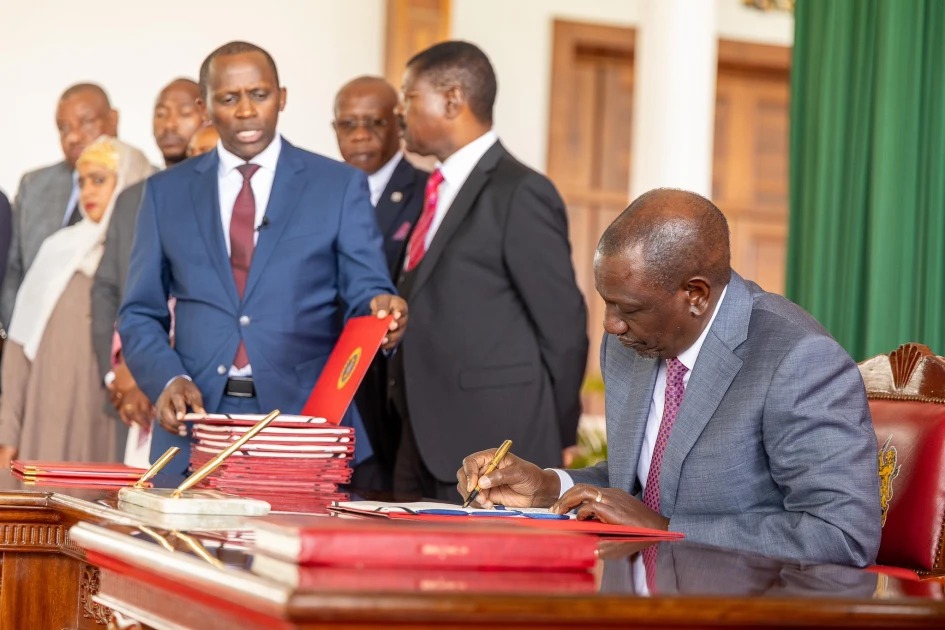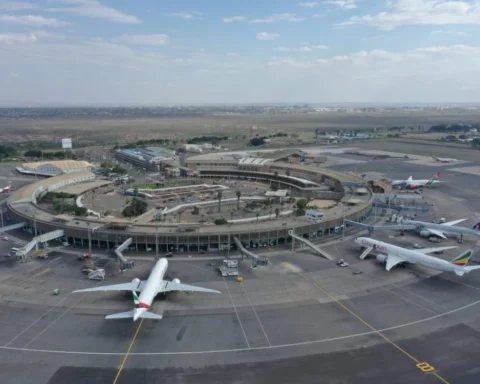President William Ruto has formally approved the Gambling Control Bill, 2023, and the Kenya Roads (Amendment) (No.2) Bill, 2025, in a major step to strengthen regulatory supervision and enhance governance in important areas.
A significant step toward improving Kenya’s infrastructure governance and restoring order to the increasingly contentious gambling sector has been taken with the signing of the two historic bills.
The Gambling Control Bill, 2023, establishes a comprehensive legal framework to regulate all forms of gambling, including betting, casinos, prize competitions, public lotteries, and media promotions. Crucially, it introduces safe gambling principles, emphasizing the need to protect vulnerable populations and promote responsible gaming.
One of the most transformative provisions in the new law is the creation of the Gambling Regulatory Authority of Kenya. This body will now be tasked with licensing and regulating all gambling activities across the country.
Significantly, the Bill recognizes gambling as a shared function between the National and County Governments, introducing concurrent regulatory roles for both levels of government, an approach expected to increase accountability and local oversight.
On the infrastructure front, the Kenya Roads (Amendment) (No.2) Bill, 2025, seeks to align the leadership terms of top officials in road agencies with the Mwongozo Code of Governance for State Corporations.
Under the new law, Director-Generals of key roads agencies, including the Kenya National Highways Authority (KeNHA), Kenya Rural Roads Authority (KeRRA), Kenya Urban Roads Authority (KURA), and the Kenya Roads Board, will now serve three-year terms, renewable only once.
According to the Bill, “The term of office is intended to enhance performance and promote good governance in the management of the road authorities, which is the practice for all state corporations.”
The dual legislation reflects the government’s ongoing reforms aimed at enhancing transparency, performance, and citizen protection.
As the new laws take effect, stakeholders across both sectors will be closely watching how implementation unfolds, and whether these legislative changes will deliver the accountability and improvements they promise.









